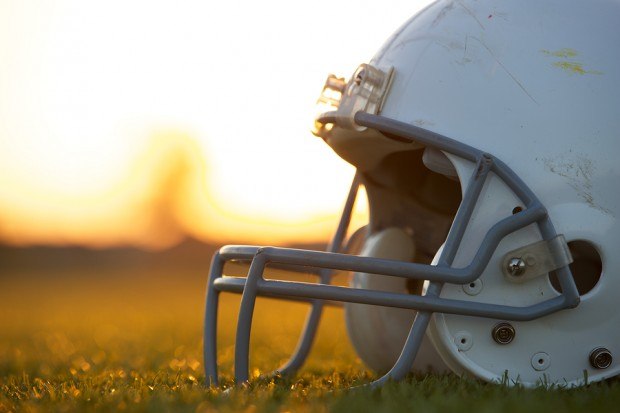The NFL has made a big and necessary concession in its landmark concussion settlement with former players.
A new agreement has been struck between the league and a group of retirees seeking compensation for injuries sustained on the field. Under the new agreement, there is no cap on the payments to the plaintiffs, addressing the concern that the originally agreed-on $675 million fund would not have been enough to compensate the more than 18,000 former players eligible for remuneration.
Back in January, the two parties were denied preliminary approval of their original $765 million settlement, with Judge Anita B. Brody ruling that the compensation fund was insufficient. The NFL had insisted that the original fund figure had been settled on after lengthy economic analyses by both the league and the plaintiffs. Once approved, the newly uncapped settlement can provide for “any retired player who develops a qualifying neurocognitive condition,” according to a statement from the league.
This new commitment by the NFL is an important step forward in a concussion settlement that many felt let the league off easy. The agreement still excludes families of players who died before 2006 and favors younger players by considering the age at which cognitive disease first occurred.
Still, it should go a long way in assuaging some of the biggest concerns many former players and families had with the previous deal. Junior Seau’s family, for example, was one of many that had expressed an intent to opt out of the settlement and pursue separate litigation. The new agreement won’t address every concern, but it should convince some of the dissatisfied to drop their objections and sign on. It will likely take several months for the appeals process to run its course, after which payments can begin.
Most of the terms from the earlier settlement have carried over, including a separate fund for various insurance benefits and medical exams. In order to limit false claims, the new agreement features more stringent standards for retired players seeking monetary compensation, creating a network of NFL-approved doctors to conduct diagnoses. Given what we know about the struggles of league-employed physicians to prioritize the needs of their patients over the interests of their employers, this should rightfully raise some suspicion, but it’s a good start in the long process of healing for thousands of former football players.





















 AIG, Chubb Can’t Use ‘Bump-Up’ Provision in D&O Policy to Avoid Coverage
AIG, Chubb Can’t Use ‘Bump-Up’ Provision in D&O Policy to Avoid Coverage  Modern Underwriting Technology: Decisive Steps to Successful Implementation
Modern Underwriting Technology: Decisive Steps to Successful Implementation  Chubb CEO Greenberg on Personal Insurance Affordability and Data Centers
Chubb CEO Greenberg on Personal Insurance Affordability and Data Centers  Nearly 26.2M Workers Are Expected to Miss Work on Super Bowl Monday
Nearly 26.2M Workers Are Expected to Miss Work on Super Bowl Monday 

